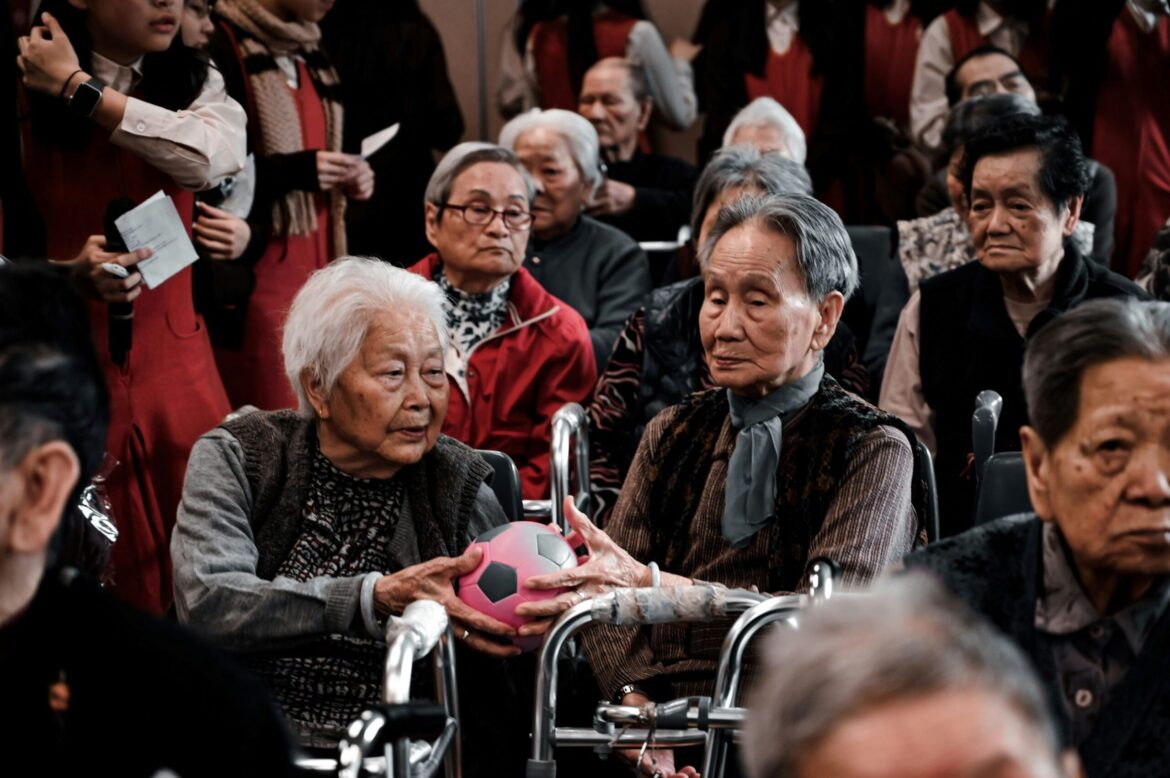Japan has once again broken its own record for the number of centenarians, with nearly 100,000 people aged over 100, according to the latest figures released by the Health Ministry, ahead of the national holiday Respect for the Aged Day, on 15 September.
Of these centenarians, almost 88% are women. The breakdown shows 87,784 female centenarians and 11,979 males. This is the 55th consecutive year that Japan has set this record.
The country’s oldest citizens are Shigeko Kagawa, a 114-year-old woman from Yamatokoriyama, and Kiyotaka Mizuno, an 111-year-old man from Iwata. Each centenarian receives a congratulatory letter from the Prime Minister. More than 52,310 citizens were added to this rather exclusive centenarian club this year.
The Health Minister, Takamaro Fukuda, congratulated them and expressed his “gratitude for their many years of contributions to the development of society”.
This represents a remarkable change. Back in the 1960s, Japan had the lowest proportion of centenarians. In 1963, when the government began tracking them, there were only 163 centenarians. By 1982, this figure had risen to 1,000, and it had multiplied tenfold within twenty years.
🌸 Ever wondered what that holiday on September 15 is all about?
It’s Respect for the Aged Day (敬老の日 / Keirō no Hi)— a celebration dedicated to honoring Japan’s elders and their lifelong contributions. 👵👴✨
👀 Want to know more? Check out our blog for the full guide! Link… pic.twitter.com/kHPab1TLfL
— Coto Japanese Academy | Japan (@cotoacademy) September 9, 2025
The secrets to Japanese longevity
Japan is renowned for its longevity. Experts attribute this to a combination of factors, including diet, daily activity and strong social ties.
Obesity rates are among the lowest in the world. These rates are particularly low among women, which may explain why they have a longer life expectancy than men.
Activity is a cornerstone of Japanese longevity. Elderly people remain mobile, often walking or using public transport rather than driving cars. Popular exercise routines such as the Radio Taiso group workouts, which were introduced in 1928 and are still practised by millions every day, have also contributed to this.
To reinforce these habits, Japan introduced the so-called ‘Metabo Law‘ in 2008. This law requires annual health check-ups for adults aged 40 to 74, including waist measurement, to identify those at risk of metabolic syndrome. Those exceeding the thresholds are offered counselling and lifestyle guidance as a form of preventive care.
The government also runs campaigns to promote healthier lifestyles, urging citizens to reduce their salt intake, for example, and to avoid poor eating habits.
Another important factor is Japan’s relatively low mortality rate from heart disease and common cancers, particularly breast and prostate cancer. This trend is often attributed to diets that are rich in fish and vegetables, and low in red meat and salt.
Tracking and social challenges
Occasional scandals have led to the government introducing stricter controls on tracking centenarians. Notably, in 2010, the remains of Tokyo’s ‘oldest man’, Sogen Kato, were found in his home 32 years after his death. This incident revealed data errors and missing birth certificates that had inflated the number of centenarians to 200,000, a figure which was later debunked.
These errors have now been rectified, and Japan continues to set an example for other nations. In 2021, Shigeko Kagawa became one of the oldest torchbearers at the Tokyo Olympics. In 2022, the world’s oldest man, a Japanese man, shared his secrets to longevity: eat healthily, stay positive, keep busy, socialise, learn to relax and embrace spirituality.
However, Japan also faces significant demographic challenges today. While it has the longest life expectancy, it is also famous for its low birth rate and rapidly ageing population, raising concerns about the future of the workforce and overflowing social security systems.


AloJapan.com